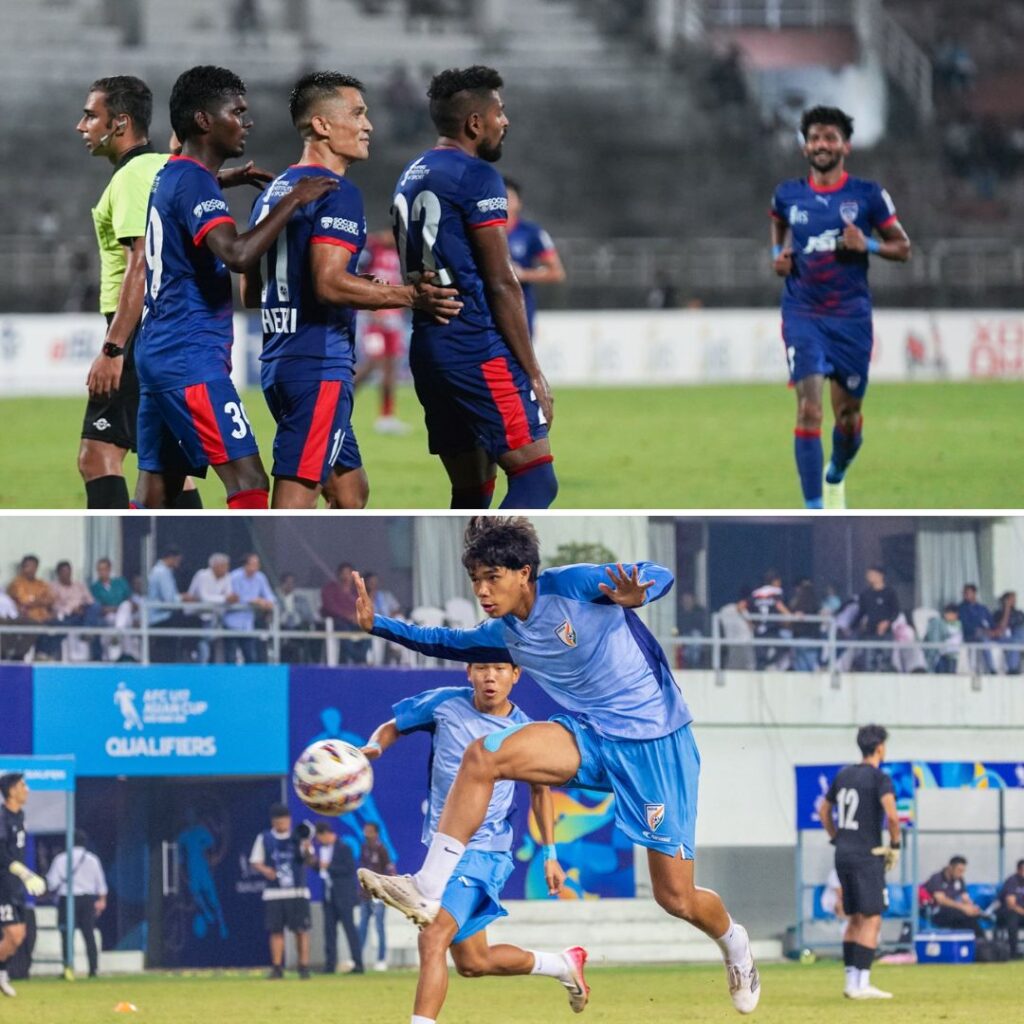Bajrang Punia, India’s Olympic bronze medal-winning wrestler, has been banned for four years by the National Anti-Doping Agency (NADA) for refusing to provide a urine sample during a doping test on March 10, 2024. This suspension, effective from April 23, 2024, prohibits him from competing in wrestling or pursuing coaching opportunities abroad. Despite his claims of unfair treatment due to expired testing kits, NADA maintains that his refusal was intentional.
Understanding Doping Tests
A doping test is a procedure used to analyze biological specimens—such as urine or blood—to detect prohibited substances that enhance athletic performance. The process involves notifying athletes about testing requirements, collecting samples under supervision, and analyzing them in accredited laboratories. The goal is to ensure fair competition and maintain the integrity of sports. Refusal to comply with doping tests can lead to significant penalties, including suspensions or bans from competition.
Bajrang Punia’s Suspension Explained
1. Reason for Suspension: Bajrang Punia was suspended for four years by NADA for refusing to provide a urine sample during a doping test at national team selection trials.
2. Initial Suspension: NADA first suspended him on April 23, 2024, which was followed by a suspension from the World Governing Body, UWW.
3. Temporary Lifting of Suspension: His suspension was temporarily lifted on May 31, 2024, pending formal charges.
4. Formal Charges Issued: On June 23, 2024, NADA served formal charges against him.
5. Challenge to Charges: Bajrang contested the charges on July 11, leading to hearings on September 20 and October 4.
6. Final Decision: The ADDP ruled that he was liable for sanctions under Article 10.3.1 of the Anti-Doping Rules, resulting in a four-year ban effective from April 23, 2024.
7. Ineligibility Period: The ADDP clarified that the time during which his provisional suspension was lifted would not count towards the total ineligibility period.
8. Claims of Unfair Treatment: Bajrang argues that his refusal stemmed from concerns about expired testing kits and mistrust in NADA’s procedures.
Background and Context
Bajrang’s situation intensified following his involvement in protests against Brij Bhushan Sharan Singh, the former Wrestling Federation of India President. His political engagement with the Congress party and leadership role within the All India Kisan Congress have also drawn attention. Despite claiming he sought clarification regarding expired testing kits before complying with doping tests, NADA insists that his refusal was deliberate. The agency emphasized adherence to proper procedures during doping control.
Official Statements and Reactions
NADA officials have reiterated their commitment to maintaining strict anti-doping regulations. A spokesperson stated, “Our priority is to uphold the integrity of sports in India. We will not tolerate any actions that undermine this principle.” Conversely, supporters of Bajrang argue that he has faced unjust treatment due to his activism and have called for a review of the doping control processes.
The Logical Indian’s Perspective
The Logical Indian advocates for transparency and fairness in sports governance. Bajrang Punia’s case highlights significant issues surrounding athlete rights and the integrity of doping control processes in India. As we reflect on this incident, it raises critical questions about how athletes are treated within regulatory frameworks and whether their concerns are adequately addressed. How can we ensure that athletes feel secure and respected in their sport while maintaining strict anti-doping measures? We invite our readers to share their thoughts and engage in constructive dialogue regarding this pressing issue in Indian sports.












